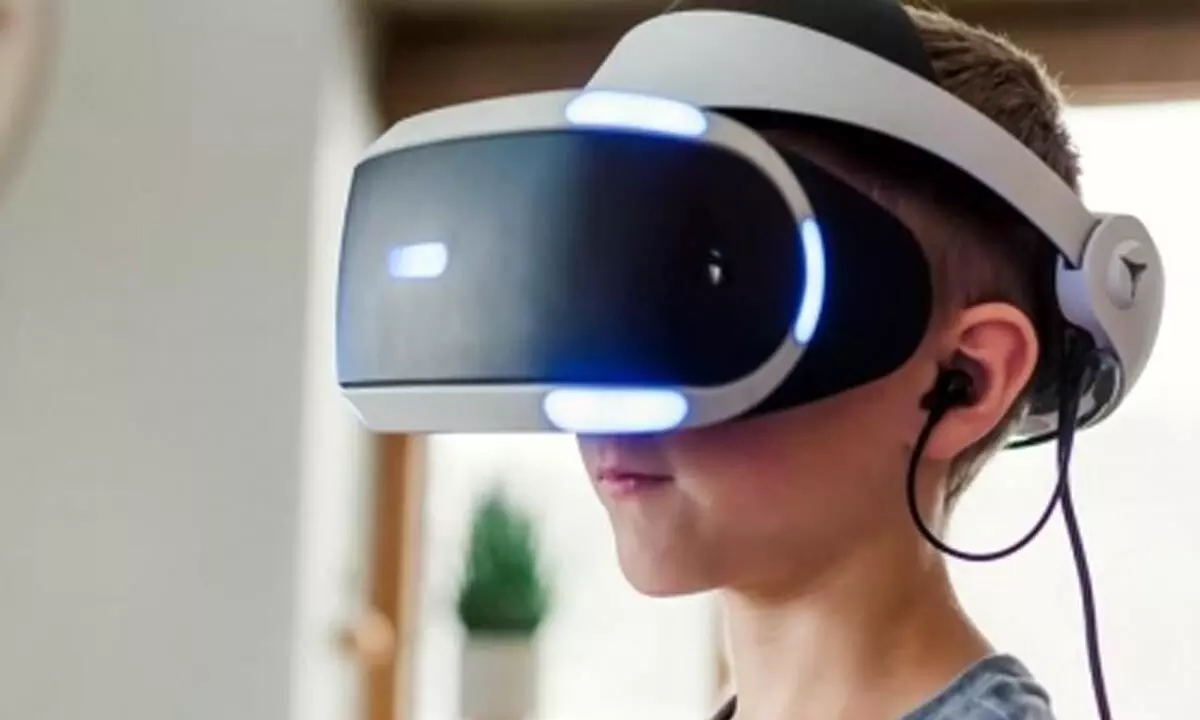Trial shows VR may help reduce common phobias
Share :

Trial shows VR may help reduce common phobias (Photo/IANS)
Virtual reality (VR) therapies may reduce phobias as a new trial suggests fresh hope for the estimated one in 12 people worldwide suffering from a fear of flying, needles, heights, spiders, and dogs.
Wellington: Virtual reality (VR) therapies may reduce phobias as a new trial suggests fresh hope for the estimated one in 12 people worldwide suffering from a fear of flying, needles, heights, spiders, and dogs.
The results from the trial, published in the Australian and New Zealand Journal of Psychiatry, showed a 75 per cent reduction in phobia symptoms after six weeks of the treatment programme.
"The improvements they reported suggest there's great potential for the use of VR and mobile phone apps as a means of self-guided treatment for people struggling with often-crippling phobias," said researcher Cameron Lacey, Associate Professor at the University of Otago.
For the study, the team included a total of 129 people, who took part in the six-week randomised, controlled trial, between May 2021 and December 2021, with a 12-week follow-up.
Participants needed to be aged between 18-64 years, and have a fear of flying, heights, needles, spiders, and dogs.
Participants downloaded a fully self-guided smartphone app aimed at treating patients with phobia and anxiety. They were emailed weekly questionnaires to record their progress. Those experiencing adverse events could request contact from a clinical psychologist at any stage.
The trial studied phobia patients using a headset and a smartphone app treatment programme -- a combination of Virtual Reality (VR) 360-degree video exposure therapy and cognitive behavioural therapy (CBT).
The app programme consisted of standard CBT components including psychoeducation, relaxation, mindfulness, cognitive techniques, exposure through VR, and a relapse prevention model.
Participants were able to select their own exposure levels to their particular phobia from a large library of VR videos.The researchers said this trial was novel, due to the cost-effective availability of the app and headsets and the fact that multiple phobias were tested at once.
